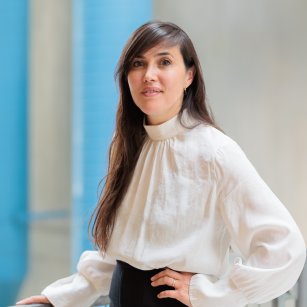The Dutch Heart Foundation has awarded ACS scientist Fleur Tjong, Molly O’Reilly with a Dekker grant. Dekker grants are personal research grants for talented scientists that are awarded annually. With the grant, the Heart Foundation enables researchers to take the next step in their careers. The Dekker grant helps the to set up and expand their own research line in the field of cardiovascular research.
About the Dekker grants
The Dekker grants are named after Dr. E. Dekker, former director of the Dutch Heart Foundation. He was the initiator in the Netherlands of civilian assistance in the event of a cardiac arrest. Dekker grants are personalized grants for talented cardiovascular researchers at various stages of their careers. These grants attract top talent and helps them building their own line of research in the cardiovascular field.
For more information on the awarded Dekker Grants, you can visit this page.
Source: Dutch Heart Foundation




